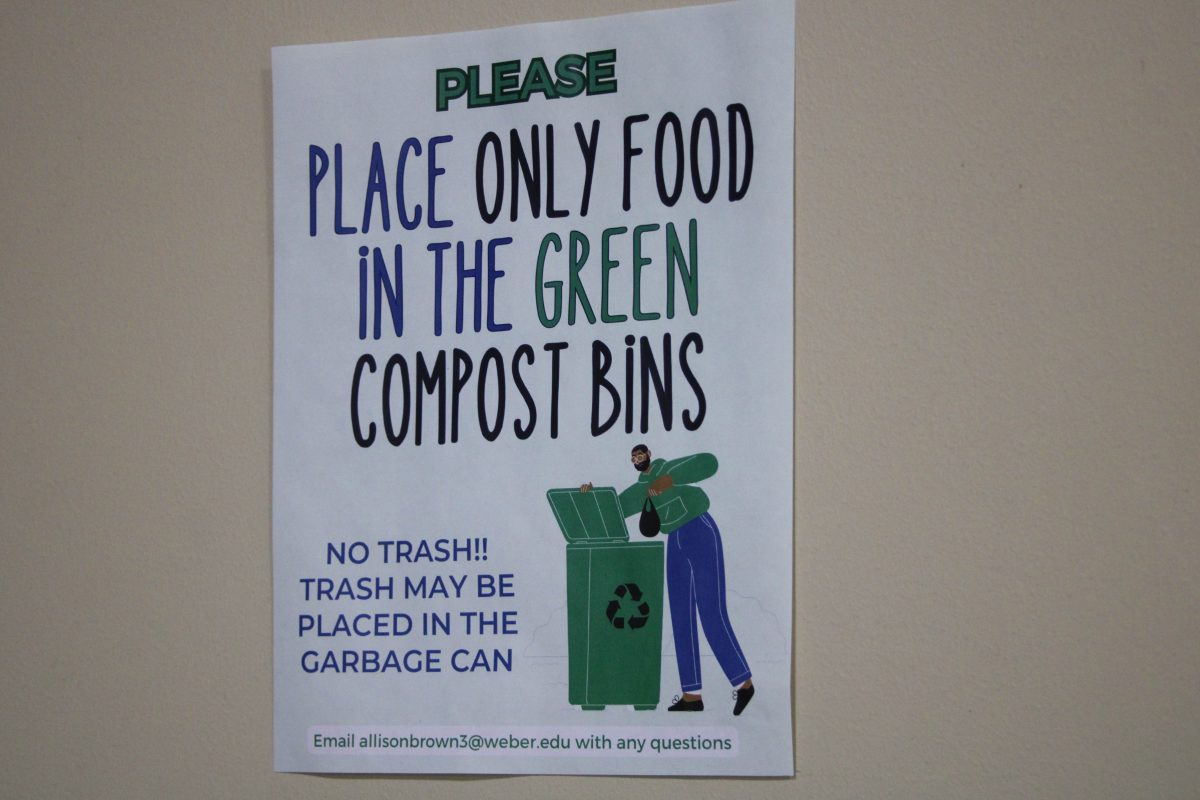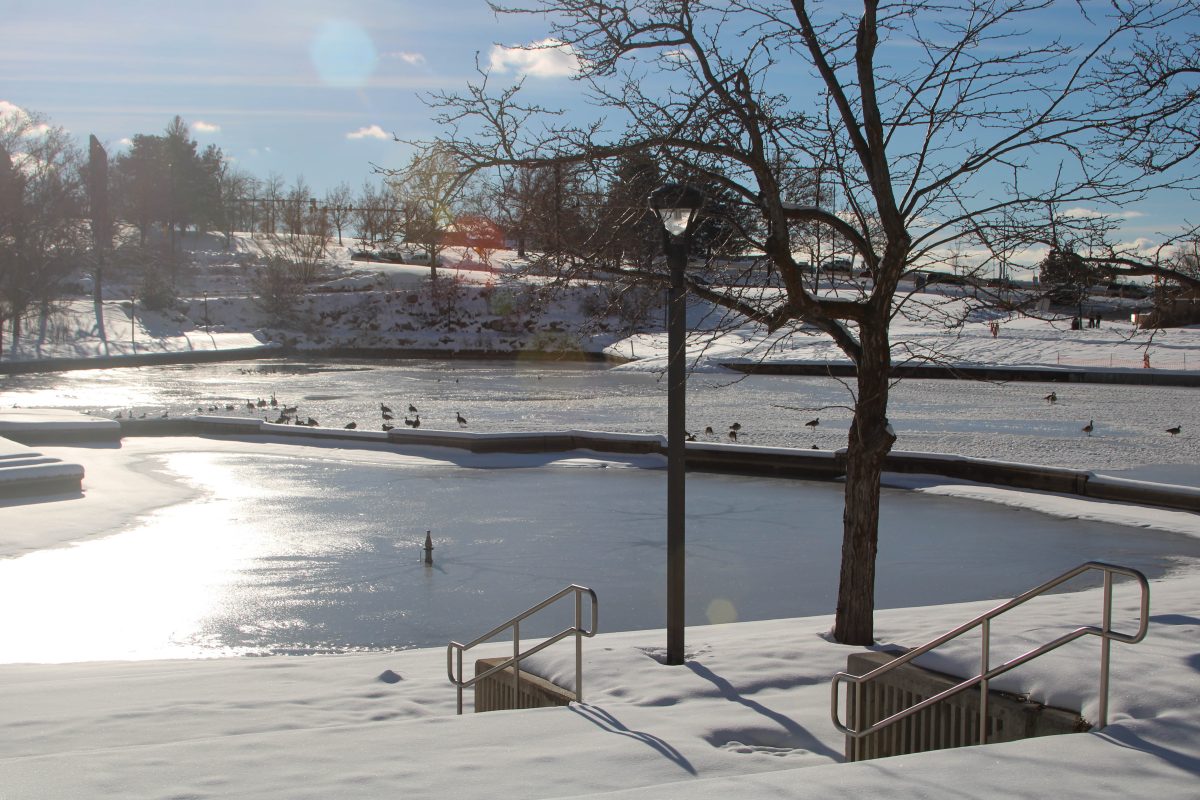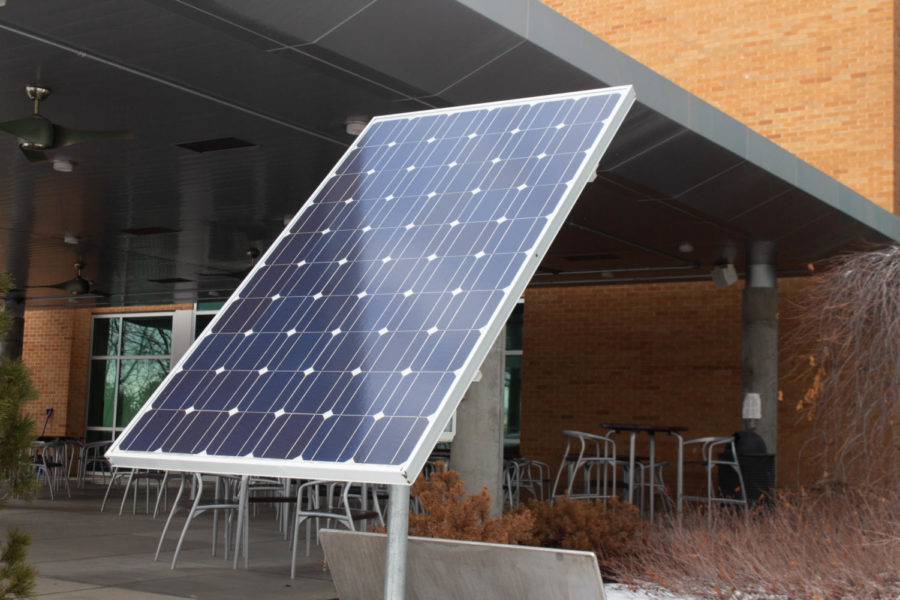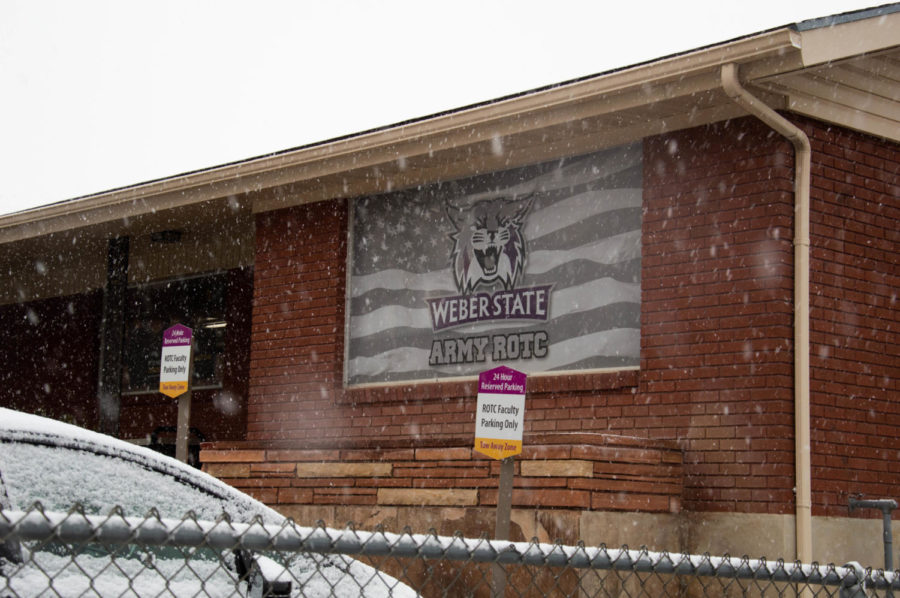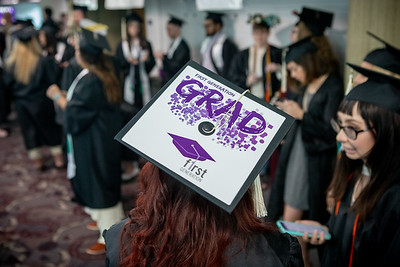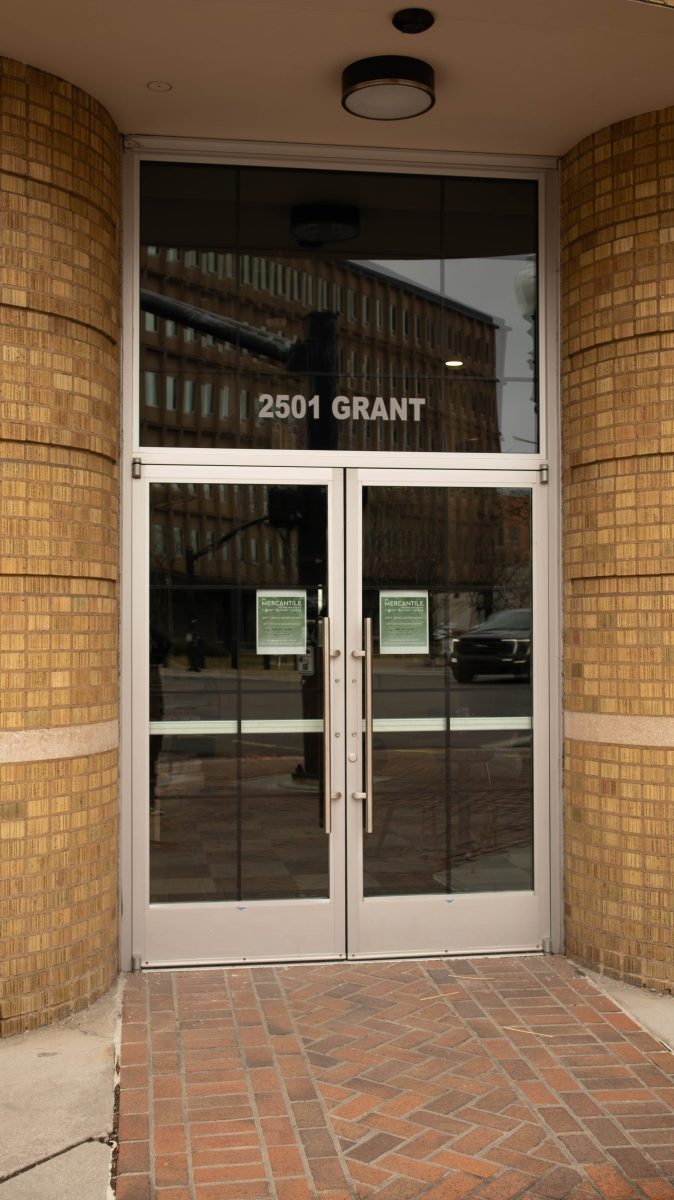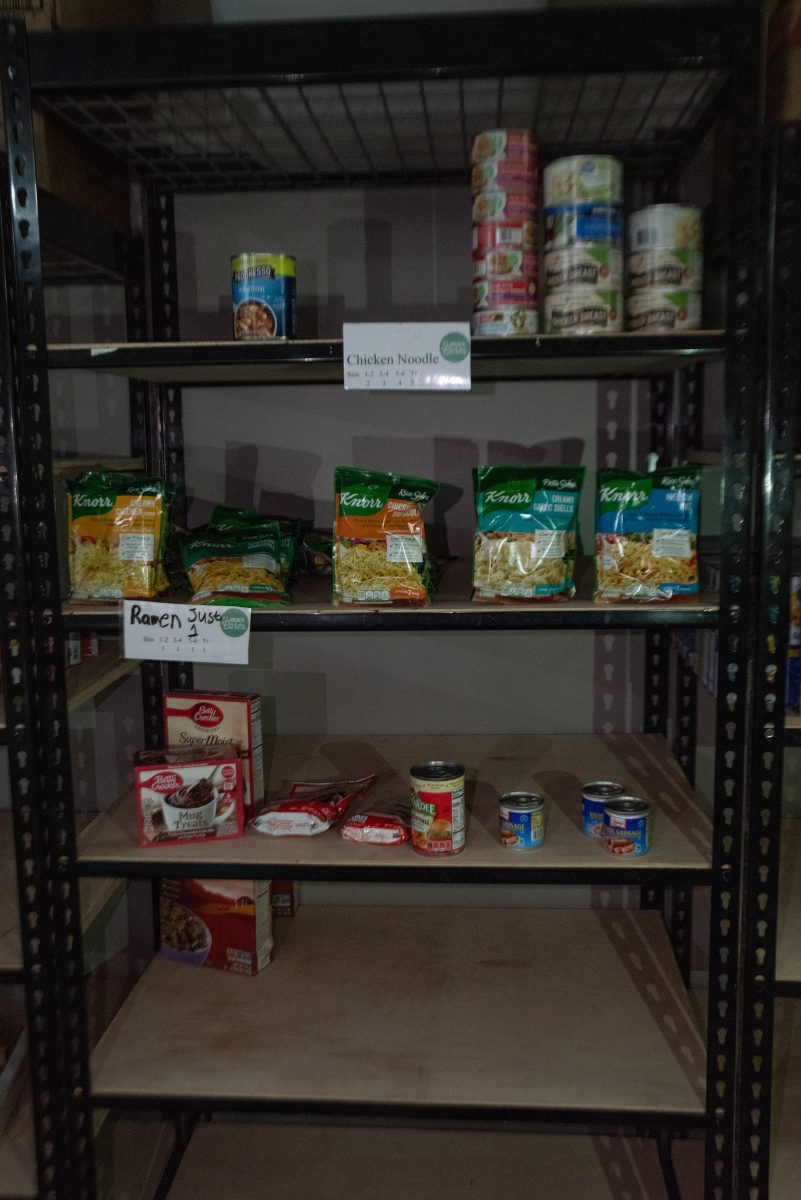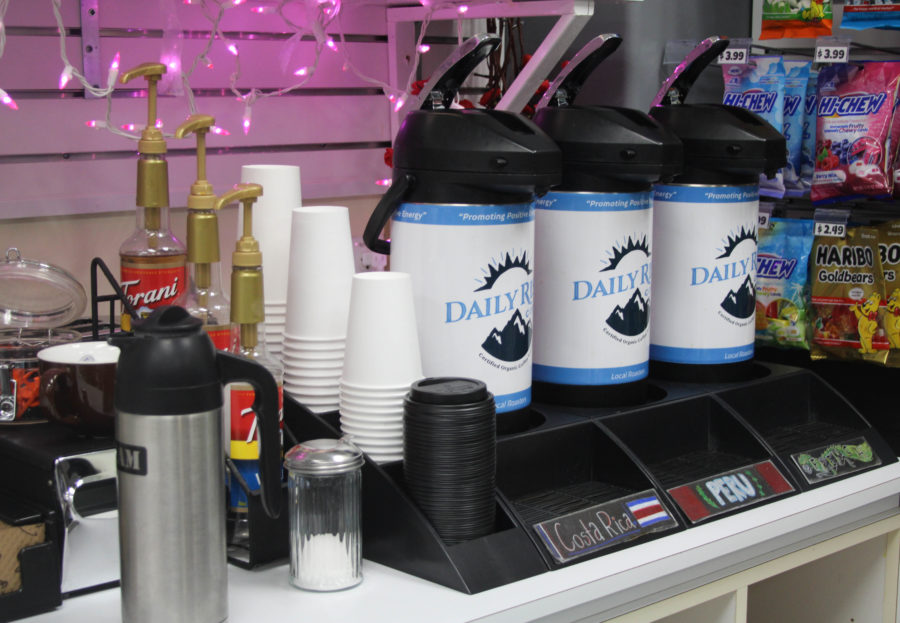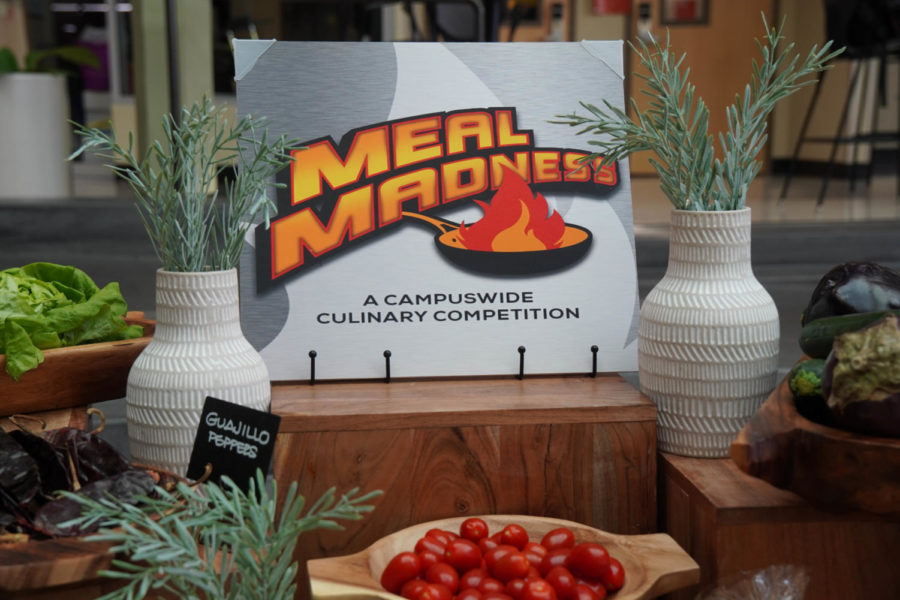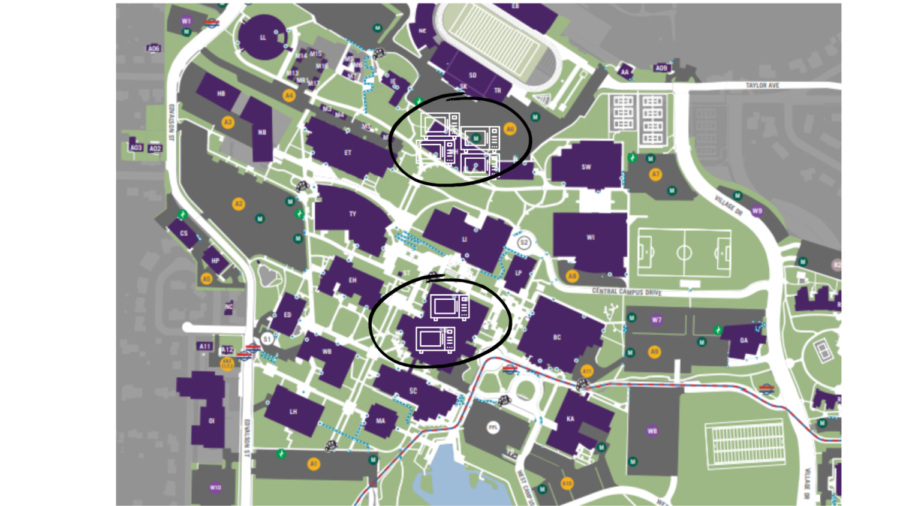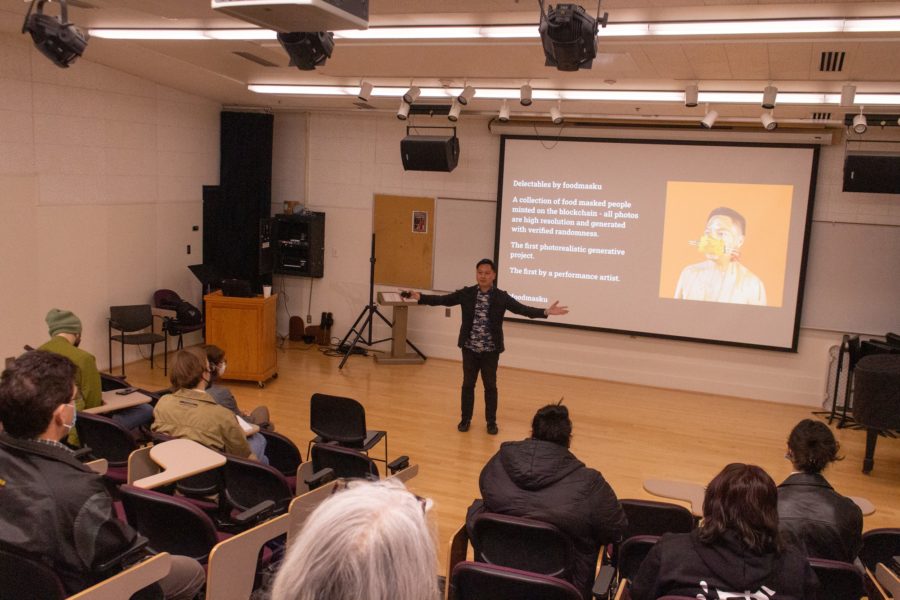
Weber State University provides a food pantry for students in need. The pantry is full of canned and dried foods to help meet students’ needs. The pantry has been a success on campus, but it doesn’t provide students with fresh food.
Currently, WSU is working on creating a garden that will provide fresh fruits and vegetables, and the opportunity for students to work and learn more about gardening and where their food comes from.
WSU has obtained the land for the garden, and civic-legal advocacy communications senior India Nielsen headed the efforts.
While interning in Washington D.C., Nielsen was tasked with writing social media posts, blogging and doing other research. During her research, she said she came across some statistics that spoke of the importance of community gardens in helping achieve health in a community.
“At the beginning of the school year, I was working with several different entities on campus, like Sustainability, Continuing Education, CCEL, and they already had this expressed need,” Nielsen said.
Nielsen applied and received a grant that allowed her to buy the supplies needed for the community garden.
“The property is owned by Continuing Ed,” Nielsen said. “Professors who are here for a semester or two for international teaching live at the house.”
Nielsen said the land has standing fruit trees and berry bushes that are utilized, but not to their maximum potential.
As a presenter at the TEDx conference held at WSU, Nielsen provided three important statistics.
“In 2012, 20 percent of U.S. adults, 1 in 5, couldn’t afford to feed themselves,” she said. “In that same year, Utah families with children saw a rate of 22 percent, higher than the national average. Here in Ogden, the rate is 24.4 percent of people experiencing food insecurity.”
Nielsen said the garden would add additional, healthy options to the food pantry.

“I thought, if there is already that much of a need, then we can always supplement that with a healthy, fresh option that is proven to help sustain bodies for longer periods of time,” Nielsen said.
Nielsen, along with a team of volunteers, collected apples at the site last autumn during Make a Difference Day. They were able to take out several trash bags of apples they then donated to St. Anne’s Center.
Tessa Diamond, vice president of leadership at WSU, said she believes the garden will be a wonderful addition to WSU.
“India is working hard to create an environment where students can get fresh produce and fresh goods rather than solely canned or packaged,” Diamond said. “I think will be a wonderful health benefit to the students of WSU.”
Nielsen was also able to present her project to the Legislature at the Utah State Capitol.
“I love government, so it was exciting for me,” Nielsen said.
Alumni of WSU were invited to attend, and many of the legislators passed by the presentations to have a look.
“My state representative came over and was really interested,” Nielsen said. “She took a picture, added me on Facebook and posted about my project.”
Nielsen said she is proud to show the state what WSU students are doing to contribute to the community. She said she hopes to allow individuals outside of WSU to use the garden and thinks that, if they show interest in working in the garden, they should obtain some rewards.
Nielsen has big dreams for the community garden’s future. She also hopes to see the garden offer canning classes so people can use the excess food throughout the year.
Aaron Newman, director of WSU Student Involvement & Leadership, said he sees wonderful benefits for the community garden.
“Many students are just so used to going to the grocery store with everything you could ever want, year round,” Newman said. “We have lost that connection with where food actually comes from. It is empowering to see students get involved.”
@spenboyce



